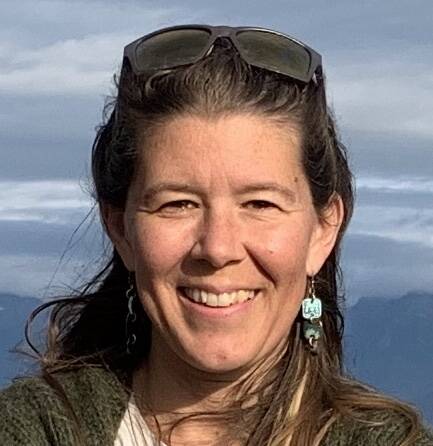If you are a school-aged person in Homer, or the parent or caregiver of a school-aged person, you may be pleased to know that there is momentum toward increasing after-school programming options in our community.
The Southern Kenai Peninsula Resilience Coalition has been working on this community identified need for the past year, and is currently in the “gathering information” stage of anticipated future programs. We are looking for input from Homer youth, parents/caregivers, and current after-school providers.
Read on for how you can share your thoughts, ideas and/or needs for after-school programming.
Why after-school programming?
Of all the million and one ways we could work to improve our community, what’s so special about this one?
First, it is a need that has been identified by our community as well as participants of our local Resilience Coalition, and has continued to gather attention and momentum. Coalition participants meet monthly, and support efforts identified by our tri-annual Community Health Needs Assessment, which has identified child-care as a gap in Homer. After-school programming is one way to start filling that gap.
Second, there are legitimate and powerful positive impacts on an individual’s health and behavior when they are involved in meaningful after-school programming. When the health of individuals is increased, the health of a community is increased.
One of the biggest benefits of after-school programming is the ability to connect young people to caring adults.
Center for Safe Alaskans, an organization that has done extensive work around identifying specific factors that increase or decrease health of individuals and communities, identifies “connection to a caring adult” as a protective factor, which is anything that influences positive behavior and health outcomes.
Supportive, caring adults outside the household can see a young person through a different lens, challenge them in ways that they may not experience in the classroom or at home, and, in some cases, have more time and space to interact and engage.
After-school programs are designed to have lower adult to child ratios, and are crafted around young people’s talents, interests or hobbies.
Have you experienced the joy of a kid lighting up when they see their favorite teacher, coach or after-school provider in the grocery store or the post office? According to Center for Safe Alaskans, this is a potent factor that adds to the health of a community.
Guided by the Coalition’s knowledge of and buy-in to the power of protective factors as well as a framework called Positive Youth Development (which you can learn more about at www.youth.gov), there are currently two local high school youth joining in on community projects and working as consultants.
As we continue with our “gathering information” phase of after-school programming needs for Homer, youth consultants are heavily involved, meeting once a week to advise and brainstorm the best approaches for including as much youth input as possible. They are currently working on reaching out to local schools and local Homer youth.
Look out for us in the coming months as we share surveys and hopefully even visit a few schools to see what our young folks need.
Want to know how you can get involved, or share your thoughts on after-school programming needs in Homer?
Email skp.resilience@gmail.com or join the monthly coalition meeting. Resilience Coalition meetings occur the second Wednesday of each month from 11 a m.-12:30 p.m. and are hybrid with both online/Zoom and in-person attendance options.
If you are a parent/caregiver and would like to fill out our survey on after-school programming needs in Homer you can do so online and find the survey link here, on the coalition’s webpage and/or Facebook page.
We only need 10 more to reach our goal!
Elizabeth Pileckas is a member of the Resilience Coalition. She has taught high school English in NYC, guided youth on extended backcountry expeditions in Northern Minnesota, worked in after-school programming in Homer and is a local caring adult.


